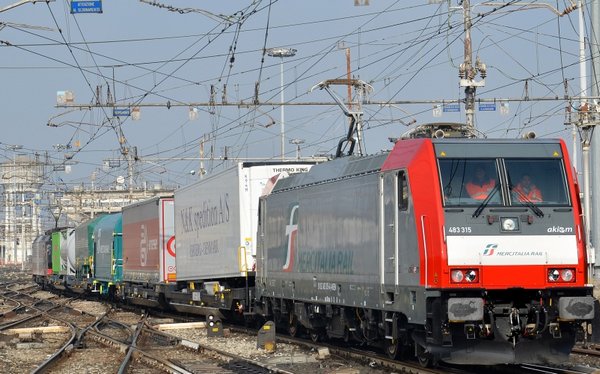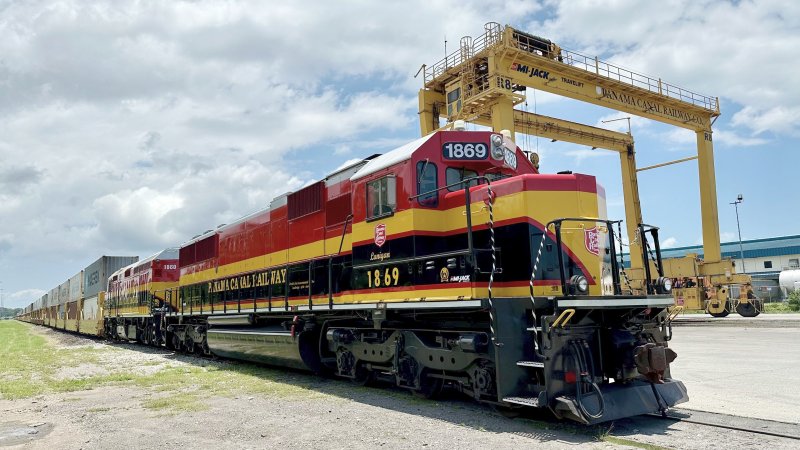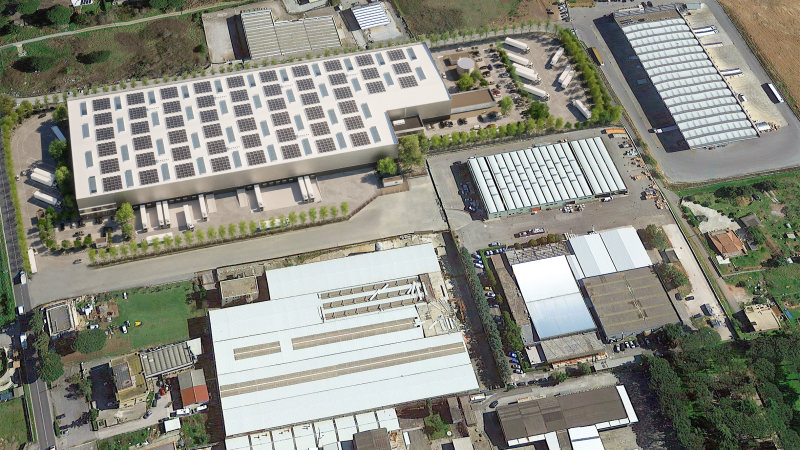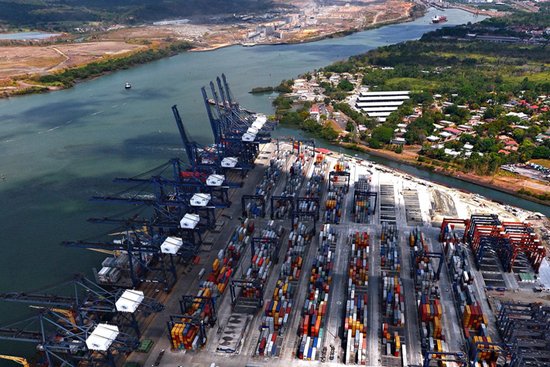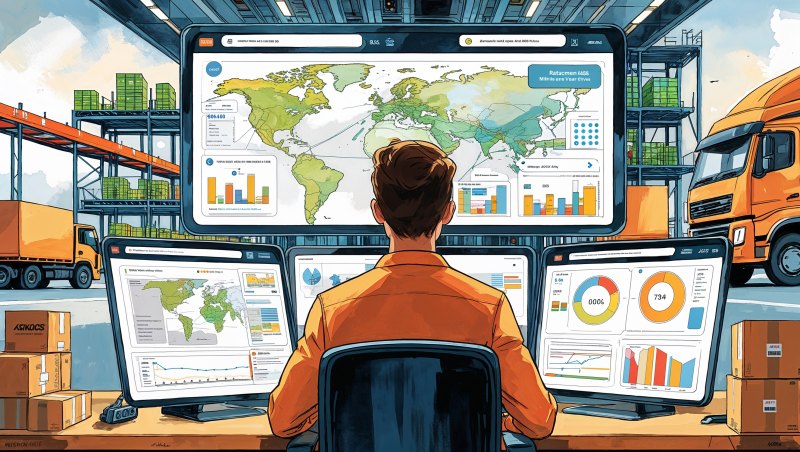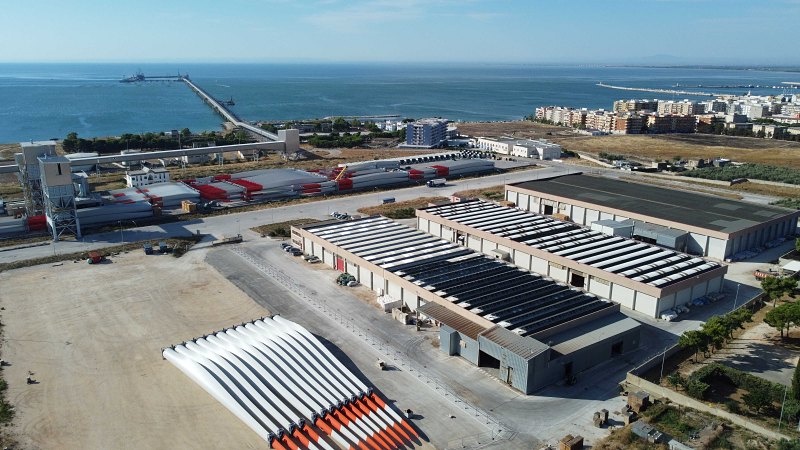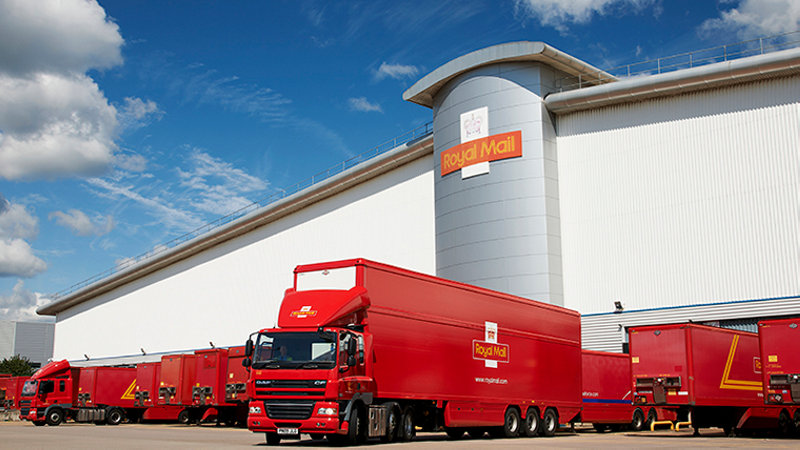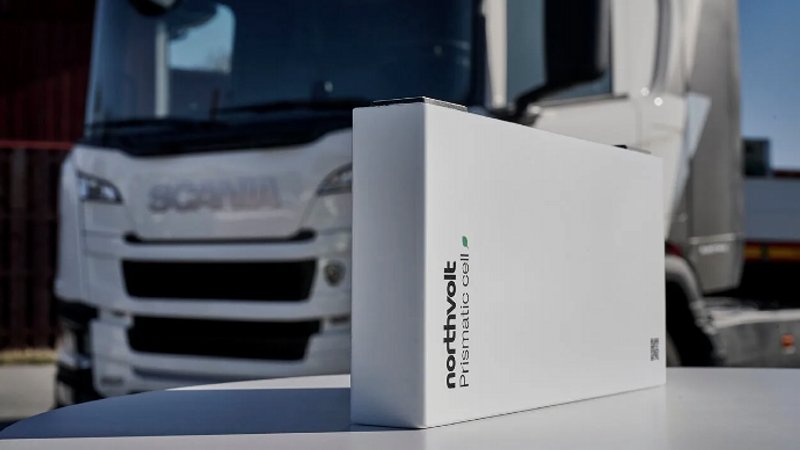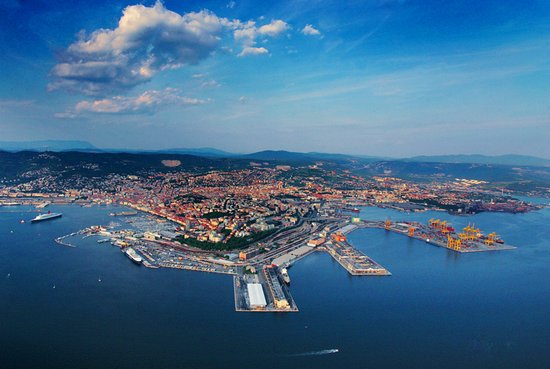Following Russia's invasion of Ukraine, the European Union implemented a series of trade sanctions against the Russian Federation, including bans on exporting certain categories of goods. While these measures are well-documented, less known are Russia's reciprocal sanctions on the EU. On 15 October 2024, Moscow extended its list of goods prohibited from entering its territory. The sudden implementation of this measure had severe repercussions for containers loaded onto trains in China and bound for Europe, which were transiting through Russian territory on that date.
Alice Arduini, head of the Como-based freight forwarding company Alix International, explained to TrasportoEuropa that Russian authorities have detained hundreds of containers on their territory. These containers, which had previously been cleared for departure, are being inspected to ensure they do not contain embargoed goods. Arduini noted that many of the items under scrutiny are “common goods, such as men’s jackets, classified as potentially dual-use for military purposes.” The Russian authorities intend to physically inspect every container, a process that is predictably time-consuming.
As each container is inspected, it receives permission to proceed across the border, provided it can secure a spot on a train. As of 10 January 2025, a significant number of containers remain stranded in Russia, including those handled by Alix International. Arduini highlighted the case of a train carrying 100 containers that was halted in Smolensk—just a few kilometres from the Belarusian border—on 4 November and is still caught in the Russian limbo.
Obtaining updates on these shipments from Italy has proven challenging due to the conflict, which complicates communication with Moscow. “Russia does not communicate directly with us, and even the Chinese are struggling to obtain updated information,” Arduini added. The forwarder is lobbying Italian institutions and trade associations to intervene. On 9 January 2025, Alix International reached out to the Italy China Council Foundation (ICCF) and Federspedi for assistance.
The federation of freight forwarders responded, stating, “We confirm that the federation is closely monitoring the challenges arising from the inspections conducted by Russian authorities on containers travelling via railway. We are working with our legal partners specialising in trade compliance and sanctions. We have also formally notified the Ministry of Foreign Affairs, emphasising the impact of this situation on national and European supply chains, and have activated our European federation, Clecat, to urge the European Commission to take action.”
In the meantime, freight forwarders’ clients with goods stuck in Russia are voicing their frustrations. “Customers who paid a premium for faster delivery via rail instead of sea have been waiting for months. One of them even told me that the delay risks causing such severe damage to their business that they might have to shut down. And I cannot even tell them when their goods will arrive,” Arduini lamented. Arduini is calling on institutions to provide information and take action, stressing, “This crisis highlights the need for greater transparency and coordinated action at a European level. Companies cannot face challenges of this magnitude alone. Concrete support is needed to mitigate risks and ensure sustainable long-term solutions.”



